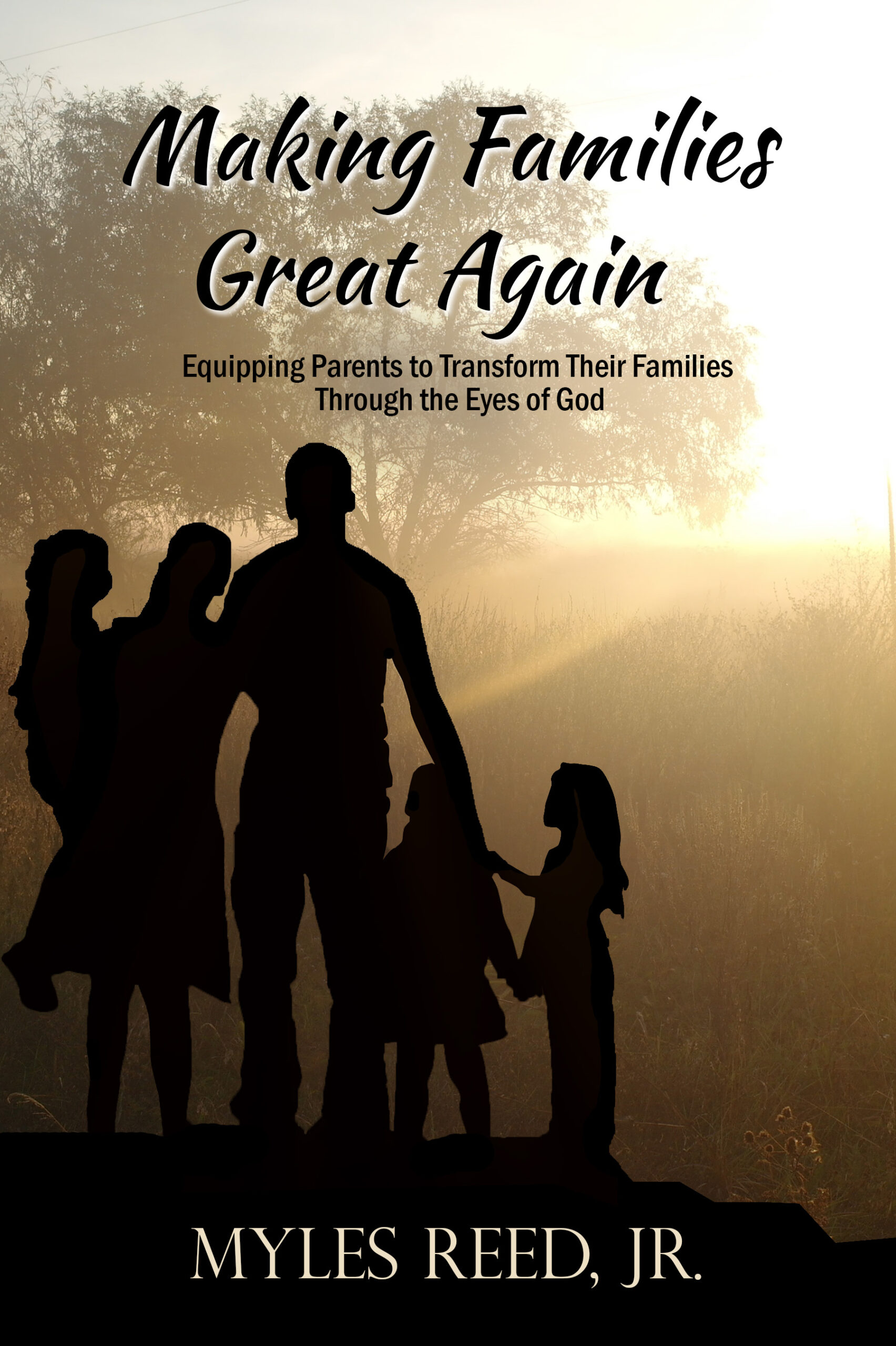
Every day, Patricia gave thanks for the Internet because it saved so much research time. She used to spend all day in the library, looking through countless books, and still she didn’t always find what she wanted to know. Now she could Google any phrase and, in a few minutes, write down all the details she needed to build the historical background for a scene.
Patricia studied the writing style of bestselling authors by using the “Look Inside” feature in Amazon.com listings, paying special attention to opening lines. Many openings weren’t very good. She could do better.
Wikipedia might not be 100 percent accurate, but what was? Even the printed encyclopedia had errors, which could never be corrected in that edition. Print sources were best for quoting, but for her fictional stories, Wikipedia often had the information she needed to build a realistic setting. If she wanted a trusted source, those were often listed at the bottom of the Wikipedia Web pages.
To find a book by author, title, or subject, she searched Amazon.com, and if that didn’t work, she went to BookFinder4U.com. For dictionary and rhyming, OneLook.com served her well, and Thesaurus.com helped her find better words to create accurate, vivid pictures. Sometimes, OnlineSlangDictionary.com was helpful.
If Patricia really wanted an in-depth understanding of the culture for the time and area she was writing about, she needed to read local newspapers. Where would she find those? Easy on the Internet. She went to NewspaperArchive.com where she could read from more than 100,000 newspapers dating all the way back to the 1700s.




 Character is a critical key to becoming a person of quality, and it starts in the home!
Character is a critical key to becoming a person of quality, and it starts in the home!
This article is full of resources links. Thanks for this super neat organized information. I was not aware of the many options available. Now to put the info to good use.Dorothy